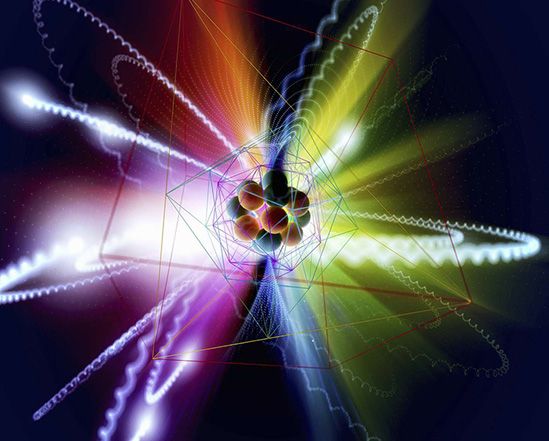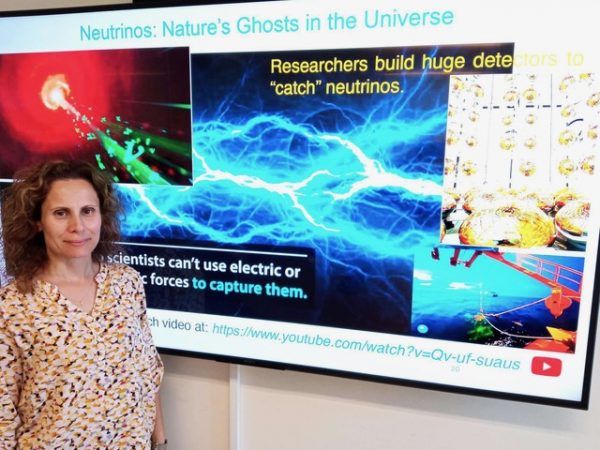
Particle Physics

This course is offered in collaboration with the National Center for Scientific Research “Demokritos” and will be taught by a Demokritos researcher/scientist. Classes will be held at the facilities of Demokritos.
Have you ever wondered what matter is made of? What is antimatter? Why is our Universe made from matter? Which forces govern the Universe? How particle physics experiments work and how can humans accelerate particles?
This course will address these and many others questions. We will learn about the elementary particles of nature and the fundamental principles that govern their interactions. We will cover a variety of particle physics experiments and understand the instrumentation and physics goals of each one. During this course you will also learn how to read scientific papers and successfully present your physics experiment via talks and posters. We will learn how to program in Python and how to use modern analysis techniques for data exploration and analysis. At the end of this course you will have a solid background on particle physics theory and experiments.
Course Approach
The course topics will be explored by reading particle physics bibliography and scientific papers from particle physics experiments. Each class will be followed by short writing assignments to help understand each topic. Students will have first-hand experience in particle physics experiments at the Labs of the National Center for Scientific Research “Demokritos”. They will develop their presentation skills via presentations and posters and they will gain valuable knowledge in scientific programming and data analysis.
Learning Objectives
By the end of the course you will be able to:
- understand the theory of particle physics
- solve exercises and problems in particle physics
- program in Python (one of the major programming languages used in particle physics and beyond)
- analyze particle physics data
- efficiently present scientific work in talks and posters
- recognize the main instrumentation of particle physics experiments
- interpret a scientific paper



